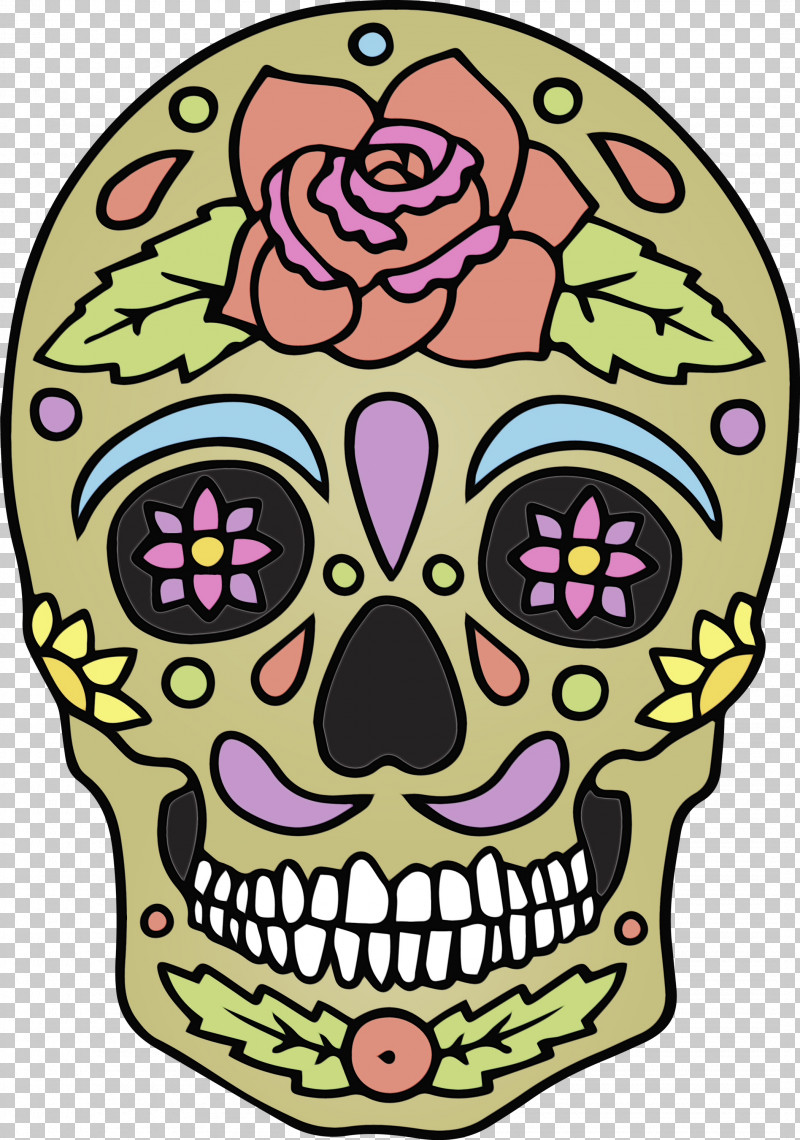Why does Cinco de Mayo hold such a significant place in American celebrations? Despite being a Mexican holiday, it has gained immense popularity in the United States, often overshadowing its importance in Mexico itself. This phenomenon is not just about cultural exchange but also about how traditions adapt and transform across borders. Cinco de Mayo commemorates the Battle of Puebla on May 5, 1862, where Mexican forces defeated the French army. It is essential to understand that this day is not Mexican Independence Day, which occurs on September 16, nor is it related to the Day of the Dead, celebrated from October 31 to November 2.
The celebration of Cinco de Mayo in the U.S. involves vibrant parades, mariachi music, traditional Mexican dances, and indulging in Mexican cuisine. In cities with large Mexican-American populations, such as Los Angeles, Chicago, and Houston, the festivities are grand and attract thousands of participants. However, there have been debates surrounding the commercialization of this event, particularly when it veers into cultural appropriation. Wearing items that reinforce stereotypes or using the occasion merely for partying without acknowledging its historical significance can be disrespectful. Authenticity lies in respecting the roots of the celebration while enjoying its festive spirit.
| Category | Details |
|---|---|
| Date of Celebration | May 5 annually |
| Historical Significance | Commemorates the Battle of Puebla (1862) |
| Primary Location of Origin | Puebla, Mexico |
| Cultural Impact | Symbolizes Mexican unity and patriotism |
| Traditional Activities | Parades, mariachi music, folkloric dancing |
| Food Traditions | Mole poblano, tacos, enchiladas |
| Reference Website | History Channel - Cinco de Mayo |
While Cinco de Mayo is frequently mistaken for Mexican Independence Day or conflated with the Day of the Dead, these holidays represent distinct aspects of Mexican culture. The Day of the Dead, or Dia de los Muertos, honors deceased loved ones through elaborate altars adorned with marigolds, photographs, candles, and favorite foods of the departed. Families gather to celebrate the continuity of life and death, creating an atmosphere steeped in reverence and joy. Marigold flowers, known as cempasúchil, play a crucial role in guiding spirits back to the world of the living during this time.
In contrast, Cinco de Mayo focuses on celebrating a pivotal moment in Mexican history. The victory at Puebla was significant because it demonstrated the resilience of Mexican forces against a formidable European power. Although the battle did not end the Franco-Mexican War, it became a symbol of national pride and resistance. Over time, the holiday evolved into a broader celebration of Mexican heritage, especially within Mexican-American communities in the U.S.
Decorations play a vital role in enhancing the festive ambiance of both Cinco de Mayo and the Day of the Dead. Brightly colored papel picado banners flutter in the wind during Cinco de Mayo celebrations, adding visual appeal to public spaces. Similarly, faux marigold flower heads, available commercially, serve as decorative elements for Day of the Dead altars and home interiors. Products like Ayieyill's 40 Pcs Faux Marigold Flower Heads offer versatile options for those looking to incorporate authentic touches into their celebrations.
For many, food forms the heart of any celebration. Traditional dishes such as mole poblano, a rich sauce made with chili peppers, chocolate, and spices, reflect the culinary richness of Puebla. Tacos, enchiladas, and other regional specialties provide endless opportunities for taste exploration. Beverages like margaritas, tequila libres, and sangria complement meals perfectly, making them staples at Cinco de Mayo gatherings. Exploring cocktail recipes tailored for this occasion adds variety and excitement to the festivities.
Building a proper altar for the Day of the Dead requires careful consideration and attention to detail. Each element placed on the altar carries symbolic meaning, ensuring that the spirits of the departed feel welcomed and remembered. Items commonly included are photographs of the deceased, pan de muerto (bread of the dead), sugar skulls inscribed with names, and incense such as copal. Following a step-by-step guide ensures authenticity and respect for the tradition, whether setting up an altar at home or participating in community events.
As Cinco de Mayo approaches each year, cities across the U.S. prepare elaborate decorations and activities to honor this special day. Banners measuring up to 18 feet long create striking displays, transforming streets into lively fiesta zones. These decorations, available from retailers like Amazon, enhance the festive mood and encourage participation from diverse audiences. While some view Cinco de Mayo primarily as a reason to enjoy Mexican-themed parties, understanding its origins enriches the experience and fosters greater appreciation for Mexican culture.
Ultimately, embracing cultural diversity involves learning about and respecting the traditions of others. Whether celebrating Cinco de Mayo, constructing an altar for the Day of the Dead, or simply appreciating the flavors of Mexican cuisine, every effort contributes to building bridges between communities. By engaging thoughtfully with these celebrations, individuals can contribute positively to cross-cultural understanding and mutual respect.



